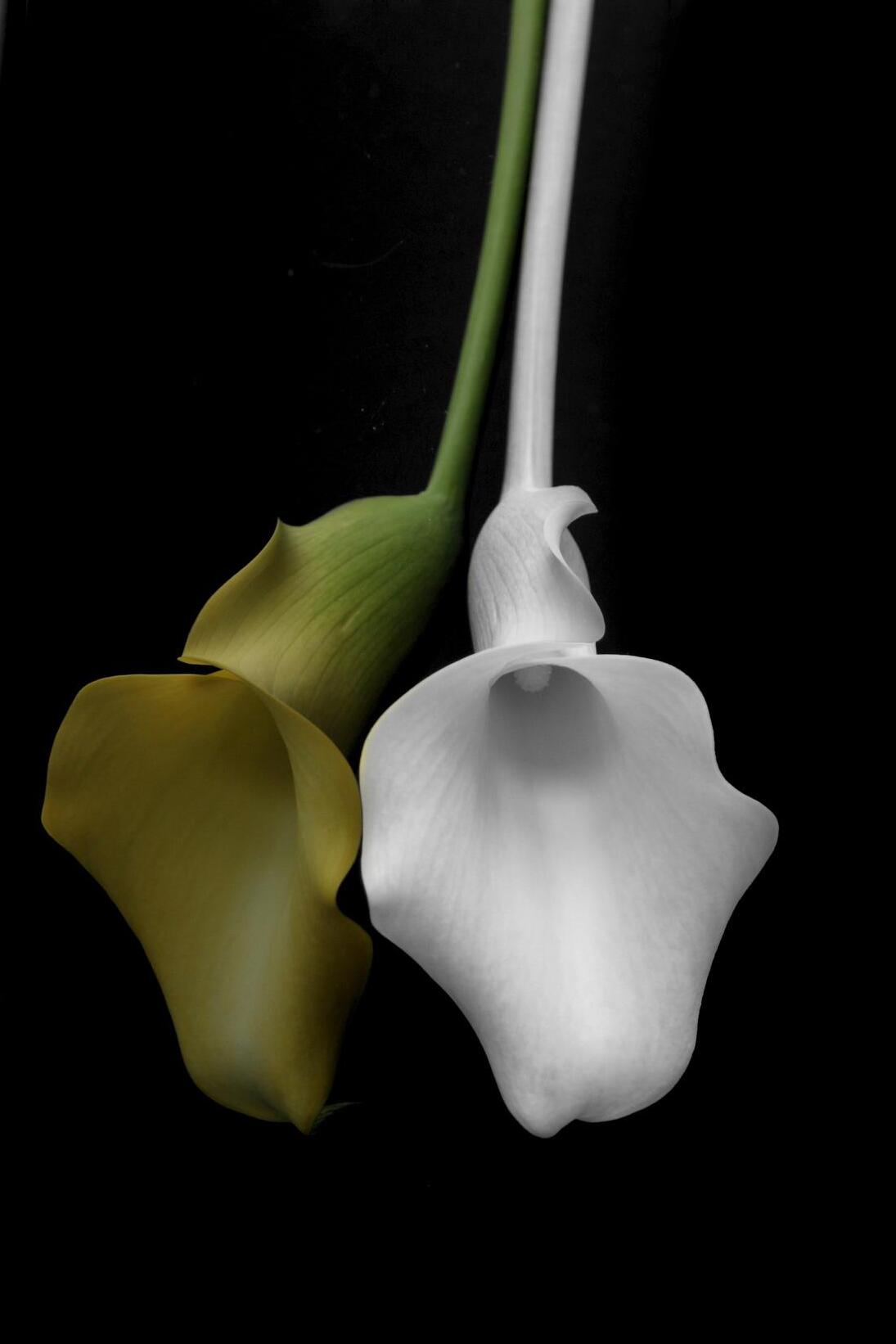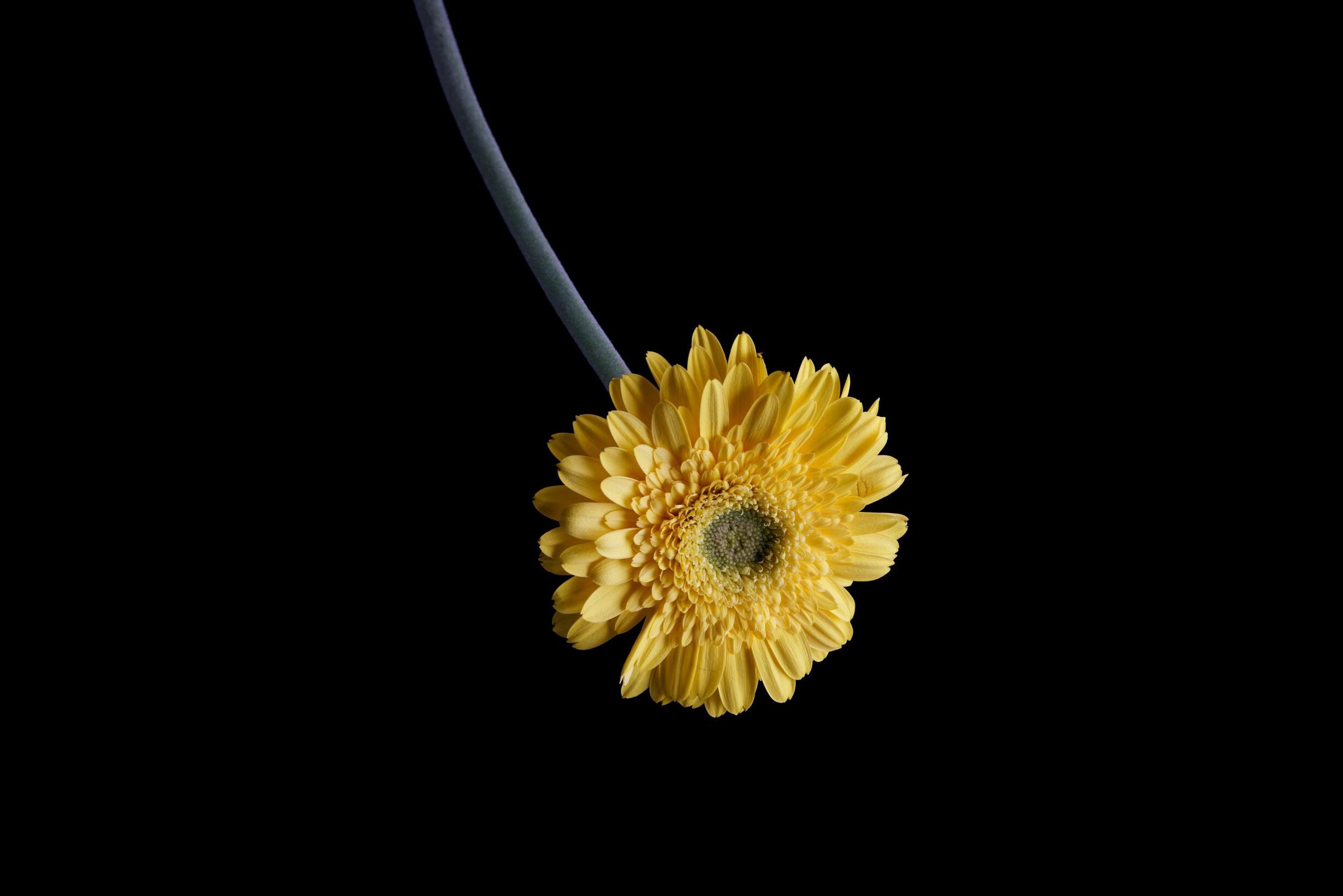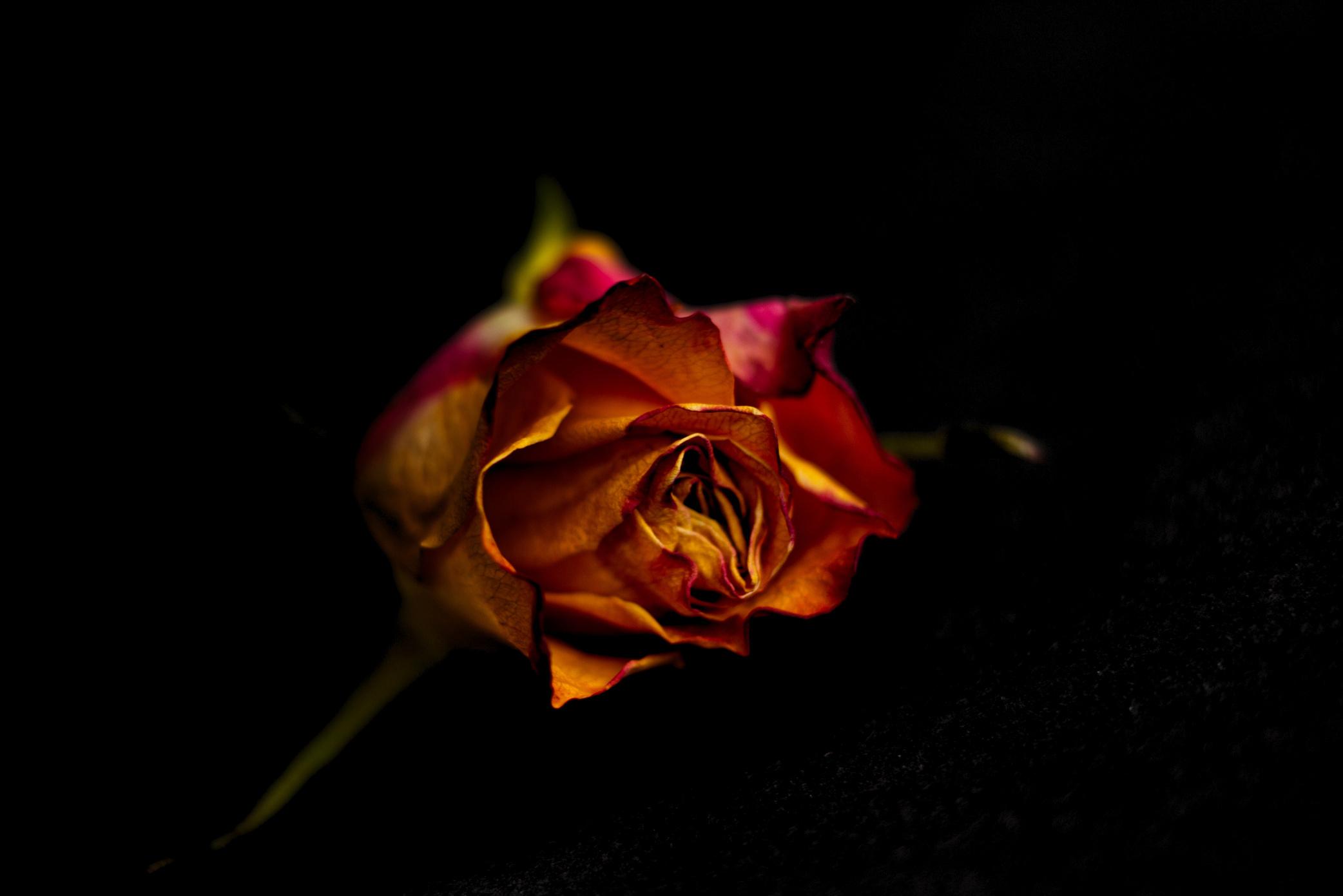Academy Bachelor of Music (Honours) Degree Graduation Recital
Soprano: Leung Hei Na (Voice)

13th June 2023 (Tue)

7:15 p.m. - 8:00 p.m.
Academy Concert Hall
Accompaniment: Dr Shane Levesque (Faculty)
Mr. Hsu Wei-en (Faculty)
Jason, Liu Tsz-shing (Mmus2)
with members of the Academy Baroque Ensemble
Audience below 6 years of age will not be admitted Please deactivate all alarm devices while in the auditorium. Unauthorized photography, sound and video recordings are prohibited.



Aria “Felicissima quest' alma”
from Apollo and Daphne, HWV 122 (1709) [Nicola Giuvo]
George Frideric Handel (1685 - 1759)
Aria “O del mio dolce ardor”
from the Opera Paride ed Elena (1770) [Ranieri de' Calzabigi]
Christoph Willibald von Gluck (1714 - 1787)
Aria “Una donna a quindici anni”
from the Opera Cosi fan tutte, K588 (1790) [Lorenzo da Ponte]
Wolfgang Amadeus Mozart (1756 - 1791)
Minnelied (1839)
from Sechs Lieder, Op. 47 [Johann Ludwig Tieck]
Von ewiger Liebe (1864)
from Vier Gesänge, Op. 43 [August Heinrich Hoffmann]
Après un rêve (1878)
[Romain Bussine]
Jeunes fillettes (1894)
Felix Mendelssohn (1809 - 1847)
Johannes Brahms (1833 - 1897)
Gabriel Fauré (1845 – 1924)
from Bergerettes (romances et chansons du XVIlle siècle) [Anonymous]
Jean-Baptiste Weckerlin (1821 - 1910)
The Ships of Arcady (1918) from Over The Rim of The Moon [Francis Ledwidge]
Why do I love (1937)
[Ephelia]
“Green finch and linnet bird”
Michael Head (1900 - 1976)
Cecil Armstrong Gibbs (1889 - 1960)
from the Musical Sweeney Todd (2007) [Stephen Sondheim]
Stephen Sondheim (1930 - 2021)
Dafne:
Felicissima quest' alma Ch'ama sol la libertà. Non v'è pace, non v'è calma Per chi sciolto il cor non ha.
That soul is the happiest Which loves its liberty alone. There is no peace or calm For those who do not have an unattached heart.

Aria “O del mio dolce ardor”
Christoph Willibald von Gluck from the Opera Paride ed Elena (1770) [Ranieri de' Calzabigi] (1714 - 1787)
O del mio dolce ardor
Bramato oggetto, L'aura che tu respiri, Alfin respiro.
O vunque il guardo io giro, Le tue vaghe sembianze
Amore in me dipinge: Il mio pensier si finge Le più liete speranze; E nel desio che così m 'empie il petto Cerco te, chiamo te, spero e sospiro.
Oh, desired object Of my sweet ardor, The air which you breathe, At last I breathe.
Wherever I turn my glance Your lovely features Paint love for me: My thoughts imagine The happiest hopes, And in the longing which fills my bosom I seek you, I call you, I hope, and I sigh.

Aria “Una donna a quindici anni” Wolfgang Amadeus Mozart from the Opera Cosi fan tutte, K588 (1790) [Lorenzo da Ponte] (1756 - 1791)
Una donna a quindici anni
Dèe saper ogni gran moda, Dove il diavolo ha la coda, Cosa è bene e mal cos'è.
Dèe saper le maliziette
Che innamorano gli amanti, Finger riso, finger pianti, Inventar i bei perché.
Dèe in un momento
Dar retta a cento;
Colle pupille


Parlar con mille;
Dar speme a tutti, Sien belli o brutti;
Saper nascondersi
Senza confondersi;
Senza arrossire
Saper mentire;
E, qual regina
Dall'alto soglio, Col «posso e voglio»
Farsi ubbidir.
(Par ch'abbian gusto
Di tal dottrina.
Viva Despina
Che sa servir!)
A woman of 15 years
Must know all the good methods, Where the devil keeps his tail, What's good and what's bad.
She must know the little malices
That enamour lovers: To feign laughter, to feign tears, And invent good reasons.
She must pay attention to A hundred at a time Speak through her eyes with a thousand Give hope to all No matter they are handsome or ugly, Know how to hide things Without getting confused, Know how to tell lies
Without blushing. And, like a queen
On her lofty throne, Can make them obey with, With “I can ” and “I want”
(It seems they are taking This doctrine; Long live Despina, Who knows how to serve!)
⼗五歲的⼥⼈
應懂得⼈情世故,
哪裏有魔⻤留著尾巴,
什麼是好,什麼是壞。
她應該知道
⽤哪些詭計誘捕情⼈,
懂得假裝微笑,假裝痛哭
並且為此找些好的藉⼝
她必須在同 時刻
注意 百個⼈說的話
但是也⽤她的眼睛
和⼀千⼈說話
應該對所有⼈都抱有希望
不論是英俊還是醜陋
得知道如何隱藏 不要困惑
知道如何說謊 從不臉紅。

⽽且,像⼥王 樣
在她崇⾼的寶座上,
做到「我能」和「我想要」
使⼈服從!
(這個教義彷彿
特別符合她們的⼝味,
德斯賓娜 “萬歲”
個會服侍的僕⼈!)
Wie der Quell so lieblich klinget Und die zarten Blumen küßt, Wie der Fink im Schatten singet Und das nahe Liebchen grüßt!

Wie die Lichter zitternd schweifen Und das Gras sich grün erfreut, Wie die Tannen weithin greifen Und die Linde Blüten streut!
In der Linde süß Gedüfte, In der Tannen Riesellaut, In dem Spiel der Sommerlüfte Glänzet sie als Frühlingsbraut.
Aber Waldton, Vogelsingen, Duft der Blüten, haltet ein, Licht, verdunkle, nie gelingen Kann es euch, ihr gleich zu sein!
How the fountain so lovely sounds and kisses the tender flowers, how the finch in the shade sings and greets the nearby sweetheart!
How the lights curve trembling and the grass rejoices in its green, how the firs reach out far and the lime tree strews its blooms!
In the lime tree's sweet fragrance, in the firs loud rustling, in the play of summer air She appears as a spring bride.
But forest sounds, birdsong, Fragrance of blooms, cease, light, darkness, you can never Be like unto her!
Von ewiger Liebe (1864)
Johannes Brahms from Vier Gesänge, Op. 43 [August Heinrich Hoffmann] (1833 - 1897)
Dunkel,wiedunkelinWaldundinFeld!
Abendschonistes,nunschweigetdieWelt. NirgendnochLichtundnirgendnochRauch, Ja,unddieLerchesieschweigetnunauch.
KommtausdemDorfederBurscheheraus, GibtdasGeleitderGeliebtennachHaus, FührtsieamWeidengebüschevorbei, Redetsovielundsomancherlei:
Dark,howdarkinforestandfield!
Eveningalready,andtheworldissilent. Nowherealightandnowheresmoke, Andeventhelarkissilentnowtoo.
Outofthevillagetherecomesalad, Escortinghissweethearthome, Heleadsherpastthewillow-copse, Talkingsomuchandofsomanythings:
„LeidestduSchmachundbetrübestdudich, LeidestduSchmachvonandernummich, WerdedieLiebegetrenntsogeschwind, Schnellwiewirfrühervereinigetsind.
ScheidemitRegenundscheidemitWind, Schnellwiewirfrühervereinigetsind.“
SprichtdasMägdelein,Mägdeleinspricht:
„UnsereLiebesietrennetsichnicht!
FestistderStahlunddasEisengarsehr, UnsereLiebeistfesternochmehr.
“Ifyousuffersorrowandsuffershame, Shameforwhatothersthinkofme, Thenletourlovebeseveredasswiftly, Asswiftlyasoncewetwowereplighted. Letusdepartinrainanddepartinwind, Asswiftlyasoncewetwowereplighted.”
Thegirlspeaks,thegirlsays: ”Ourlovecannotbesevered!
EisenundStahl,manschmiedetsieum, UnsereLiebe,werwandeltsieum?
EisenundStahl,siekönnenzergehn, UnsereLiebemußewigbestehn!“
Steelisstrong,andsoisiron, Ourloveisevenstrongerstill: Ironandsteelcanbothbereforged, Butourlove,whoshallchangeit?
Ironandsteelcanbemelteddown, Ourlovemustendureforever!“








Après un rêve (1878) Gabriel Fauré
[Romain Bussine] (1845 – 1924)
Dansunsommeilquecharmaittonimage Jerêvaislebonheur,ardentmirage; Tesyeuxétaientplusdoux, tavoixpureetsonore Turayonnaiscommeunciel éclairéparl'aurore;
Tum'appelais,etjequittaislaterre Pourm'enfuiravectoiverslalumière; Lescieuxpournous entr'ouvraientleursnues; Splendeursinconnues, lueursdivinesentrevues.
Hélas,hélas,tristeréveildessonges! Jet'appelle, ônuit,rends-moitesmensonges;
Reviens,reviensradieuse Reviens,ônuitmystérieuse
Insleepmadesweetbyavisionofyou Idreamedofhappiness,ferventillusion, Youreyesweresofter, yourvoicewaspureandringing, Youshonelikeasky thatwaslitbythedawn; YoucalledmeandIdepartedtheearth Tofleewithyoutowardthelight, Theheavensparted theircloudsforus, Weglimpsedunknownsplendours, celestialfires.
Alas,alas,sadawakeningfromdreams! Isummonyou, Onight,givemebackyourdelusions; Return,returninradiance, Return,Omysteriousnight

Jeunes fillettes (1894)
Jean-Baptiste Weckerlin from Bergerettes (romances et chansons du XVIlle siècle) [Anonymous] (1821 - 1910)
Jeunes fillettes, profitez du temps!
La violette
se cueille au printemps.
La la la larietta
la ri lon lan la
Cette fleurette passe en peu de temps; Toute amourette passe également.
Jeunes fillettes, profitez du temps!
La violette
se cueille au printemps.
La la la larietta
la ri lon lan la
Dans le bel âge prenez un ami. S'il est volage, rendez le lui!
Jeunes fillettes, profitez du temps!
La violette
se cueille au printemps.
La la la larietta
la ri lon lan la
Young little girls remember, time is on the wing And violets are gathered only in the Spring La la la la riette, la ri lon la la
This lovely flower blooms only but a day Lovers come and go in just the same way

Young little girls remember, time is on the wing And violets are gathered only in the Spring
La la la la riette, la ri lon la la
Take a boyfriend while you are young. Should he prove flighty, be flighty in return!
Young little girls remember, time is on the wing And violets are gathered only in the Spring
La la la la riette, la ri lon la la

The Ships of Arcady (1918) Michael Head
from Over The Rim of The Moon [Francis Ledwidge] (1900 - 1976)
Thro' the faintest filigree
Over the dim waters go Little ships of Arcady
When the morning moon is low.
I can hear the sailors' song
From the blue edge of the sea; Passing like the lights along Thro' the dusky filigree.
Then where moon and waters meet Sail by sail they pass away, With little friendly winds replete Blowing from the breaking day.
And when the little ships have flown, Dreaming still of Arcady

I look across the waves, alone In the misty filigree.

Why do I love (1937) Cecil Armstrong Gibbs [Ephelia] (1889 - 1960)
Why do I Love?
go, ask the Glorious Sun
Why every day it round the world doth Run:
Ask Thames and Tyber, why they ebb and flow: Ask Damask Roses
why in June they blow:
Ask Ice and Hail, the reason, why they're Cold: Decaying Beauties, why they will grow Old: They'll tell thee, Fate, that everything doth move, Inforces them to this, and me to Love.
There is no Reason for our Love or Hate, 'Tis irresistible, as Death or Fate;

'Tis not his Face; I've sense enough to see, That is not good, though doated on by me: Nor is't his Tongue, that has this Conquest won; For that at least is equall'd by my own:
His carriage can to none obliging be, 'Tis Rude, Affected, full of Vanity:
Strangely Ill natur'd, Peevish and Unkind, Unconstant, False, to Jealousie inclin'd;
Those vigorous Years that Women so Adore Are past in him: he's twice my age and more;
And yet I love this false, this worthless Man, With all the Passion that a Woman can; Since 'tis Decreed in the dark Book of Fate, That I shou'd Love, and he shou'd be ingrate.

“Green finch and linnet bird” Stephen Sondheim from the Musical Sweeney Todd (2007) [Stephen Sondheim] (1930 - 2021)
Johanna:
Green finch and linnet bird
Nightingale, blackbird
How is it you sing?
How can you jubilate sitting in cages
Never taking wing?
Outside the sky waits beckoning, beckoning

Just beyond the bars
How can you remain staring at the rain
Maddened by the stars?
How is it you sing anything?
How is it you sing?
Green finch and linnet bird
Nightingale, blackbird
How is it you sing?
Whence comes this melody constantly flowing?
Is it rejoicing or merely hallooing?
Are you discussing or fussing Or simply dreaming?
Are you crowing?
Are you screaming?
Ringdove and robinet
Is it for wages
Singing to be sold?
Have you decided it's safer in cages
Singing when you ' re told?
My cage has many rooms
Damask and dark
Nothing there sings
Not even my lark
Larks never will, you know
When they're captive
Teach me to be
More adaptive

Ah-h-h-h-h-h-h-h
Green finch and linnet bird
Nightingale, blackbird
Teach me how to sing
If I cannot fly
Let me sing
Special Thanks to Miss Chan Siu-kwan
Professor Nancy Yuen Miu-fun
Mr. Hsu Wei-en

Dr. Shane Levesque
Every teacher, schoolmate, staff and faculty at the Hong Kong Academy of Performing Arts
Thank you for coming!
